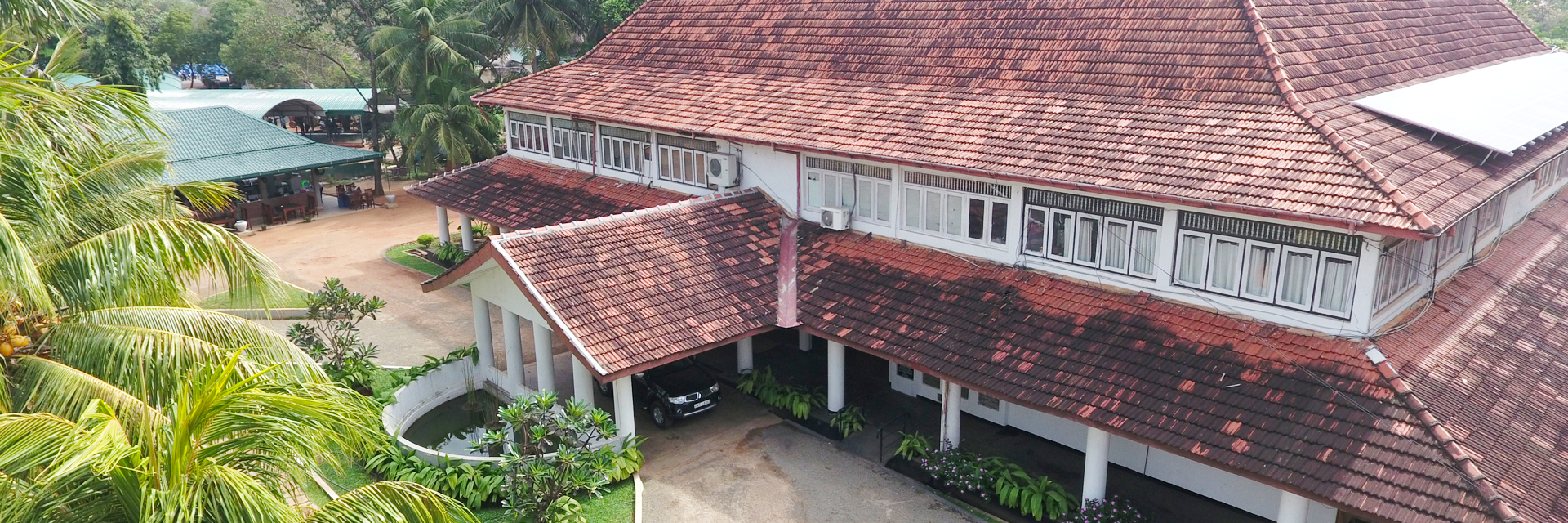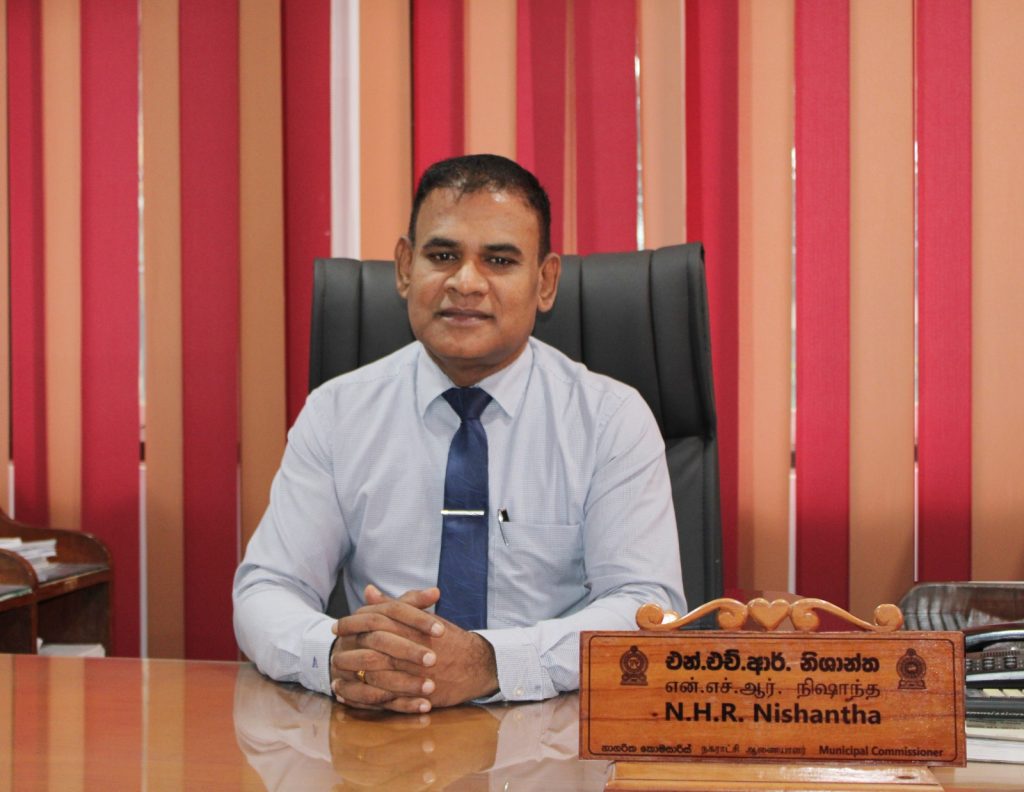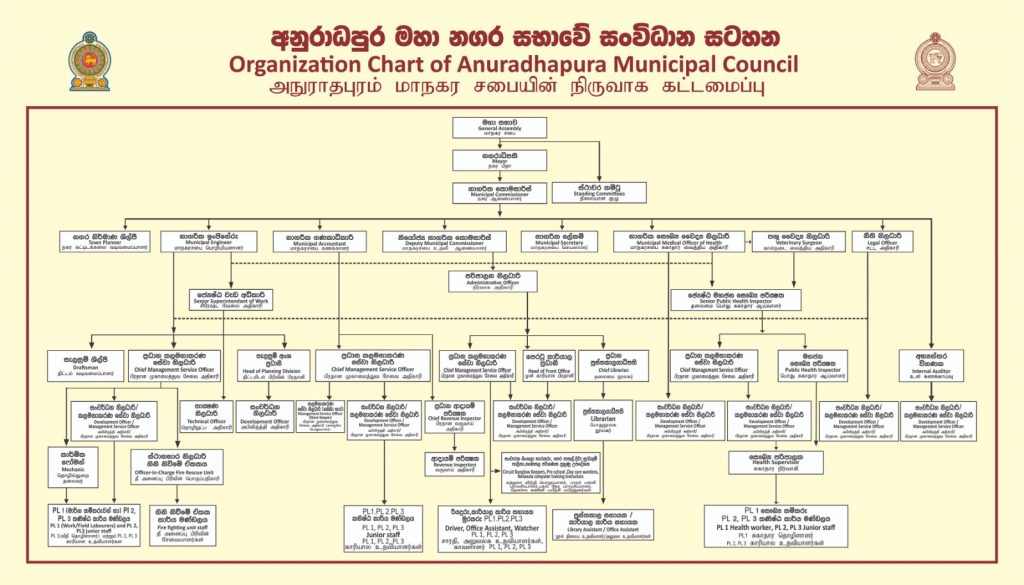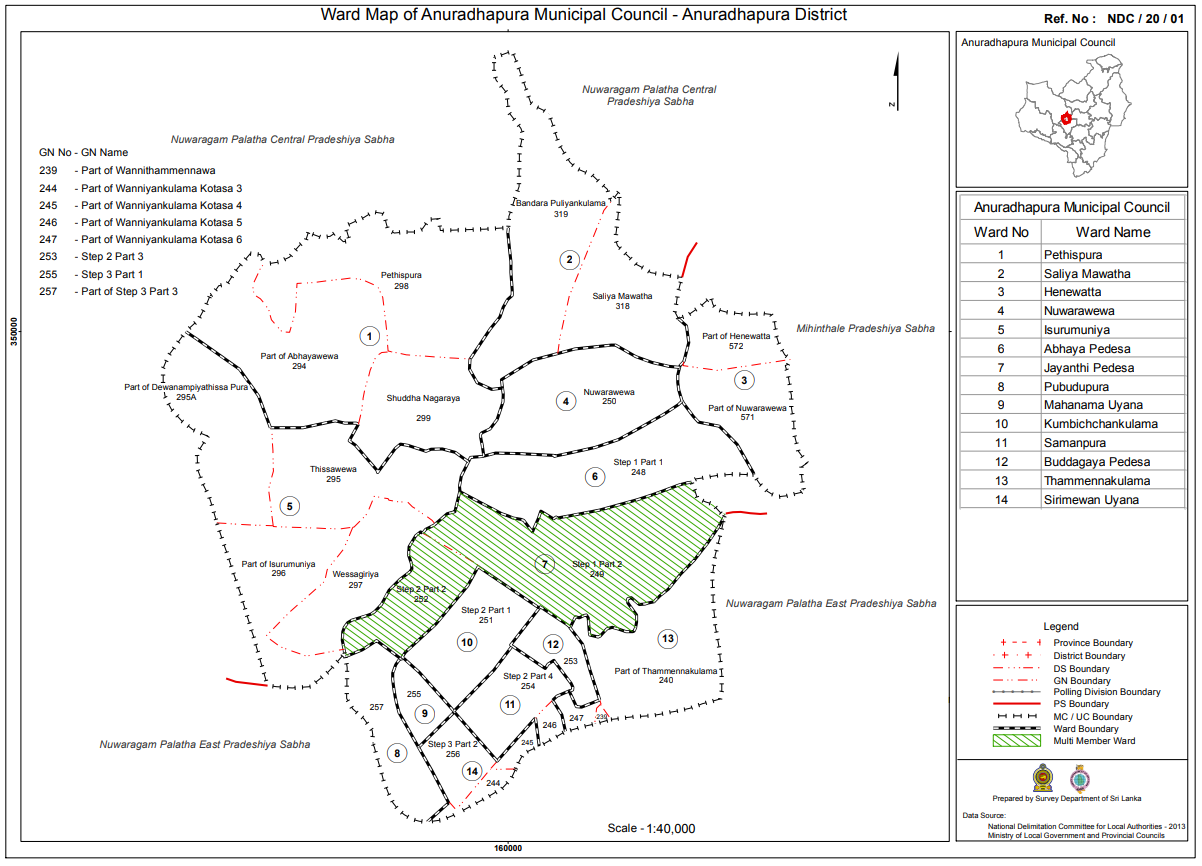
History
Anuradhapura, which was governed by the pioneering Governor in 1932 under the “Conservation Board”, became a municipality after the systematic development of the local government administration structure. As not fulfill the government’s expectation to evacuate the residents of the sacred city to a New Town and the development of the new city through the special commissioner’s administration established after the dissolution Provincial Council, The full-fledged Anuradhapura Conservation Board was set up in 1961. In 1975, the Board of Conservation was dissolved and brought under the control of the Special Commissioner. In 1983, after 37 years of varying degrees of bureaucracy, the Anuradhapura Municipal Council was made up of 11 people representatives.
In 2002, after the administration of the Urban Council, the Anuradhapura Urban Council was made into a Municipal Council. At present, the Anuradhapura Municipal Council, comprising 29 people’s representatives, works for the welfare of the community.
The Municipal Commissioner
N.H.R. Nishantha
Anuradhapura, considered to be the first planned city in South Asia, has a rich heritage of many physical, environmental, and archaeological factors. Anuradhapura is famous as a World Heritage City which attracts a large number of local and foreign tourists. Anuradhapura Municipal Council area is about 36.32 Sq.km and contains 22 Tulane/divisions. The total population is 63276.
Anuradhapura is the main administrative center of the North Central Province and as the Local Authority of the city, the Anuradhapura Municipal Council is the main authority of the Administration under the authority of Municipal Council Ordinance 252. The Municipal Council of Anuradhapura provides facilities to local and foreign tourists with the vision of being a “satisfied community in a proud city”. The Municipal Council is implementing various projects to support the quality of life of the urban people by providing services including infrastructure development, health and solid waste management, and maternal and child safety.
The Clean Sri Lanka program, introduced by the government in 2024, has further expanded the services of the Anuradhapura Municipal Council. City planning is the process of planning and organizing urban space to meet the needs of the population, support economic development, and create a sustainable, livable environment, it includes various aspects such as Land use, Infrastructure, transportation, Zoning Housing, and Environmental consideration. The goal is to create a city that is functional and efficient and improves the quality of life of its residents. My wish is also for an area that provides maximum comfort to local and foreign people who are working in the Anuradhapura municipal council area and who visit the historical city of Anuradhapura.
N.H.R. Nishantha,
Municipal Commissioner,
Municipal Council,
Anuradhapura.

Citizen’s Charter

Vision
“A Satisfying Community in a Dignified City”

Mission
“The mission of the Anuradhapura Municipal council is the utilization of all available resources of municipal councils for establish, administrate and optimize public friendly, environmental friendly and a set of proposals having legal existence for the benefit of mainly on townspeople live within municipal limits and urban consumers who come to use the city.”

DEMOGRAPHY
POPULATION
50,595 (2012)
ADMINISTRATIVE AREA
7,179 km²
DENSITY
16.9 persons / ha
Are you interested in working with us? Lets Start Now

Citizen Charter for Local Authorities
In many organizations, improving the quality-of-service delivery is a challenge. Citizens often find it difficult to hold government and other service providers accountable because they are not aware of the procedures and expectations that govern service providers’ conduct in the realm of service delivery.
Citizen Charters (CCs) are public agreements between citizens and service delivery providers that clearly codify expectations and standards in the realm of service delivery.
Department of Municipal Development
Department of Municipal Finance
Department of Municipal Administration
Department of Municipal Health


